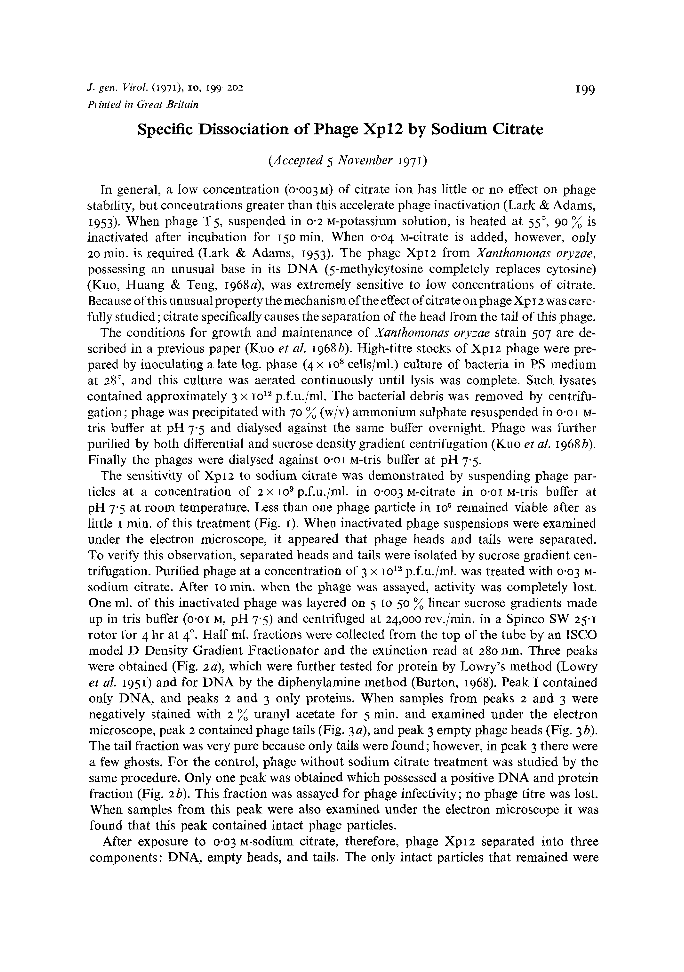
Full text loading...

Specific Dissociation of Phage Xp12 by Sodium Citrate, Page 1 of 1
< Previous page | Next page > /docserver/preview/fulltext/jgv/10/2/JV0100020199-1.gif
There is no abstract available.

Article metrics loading...

Full text loading...
References


Data & Media loading...
